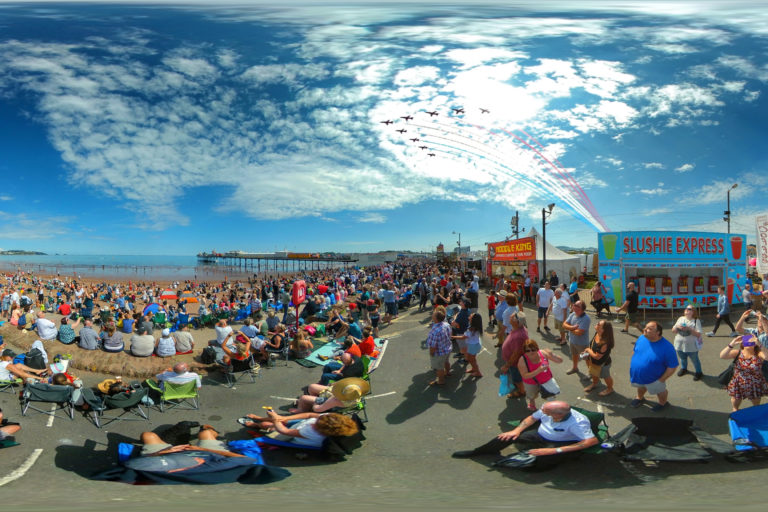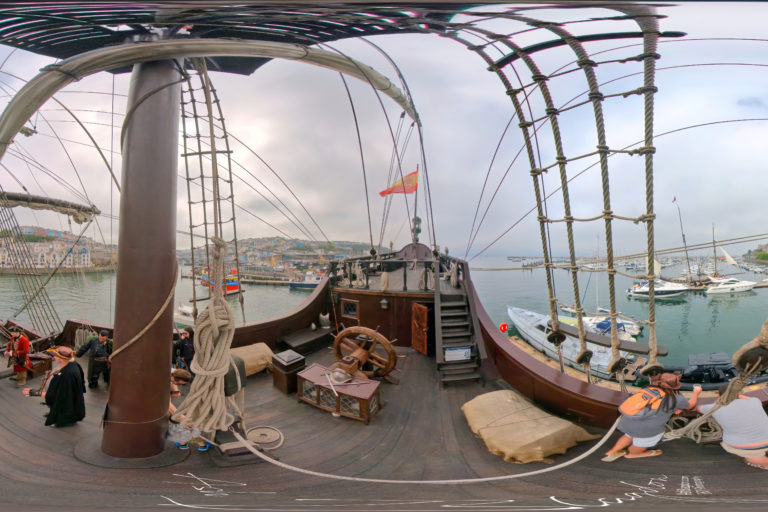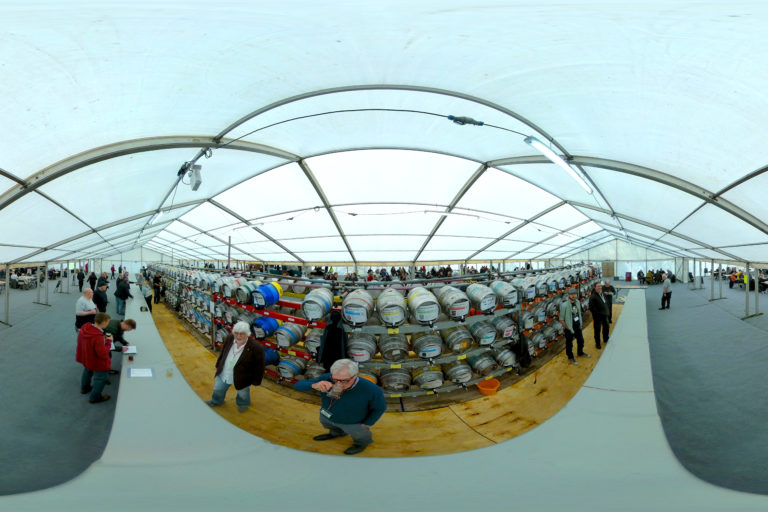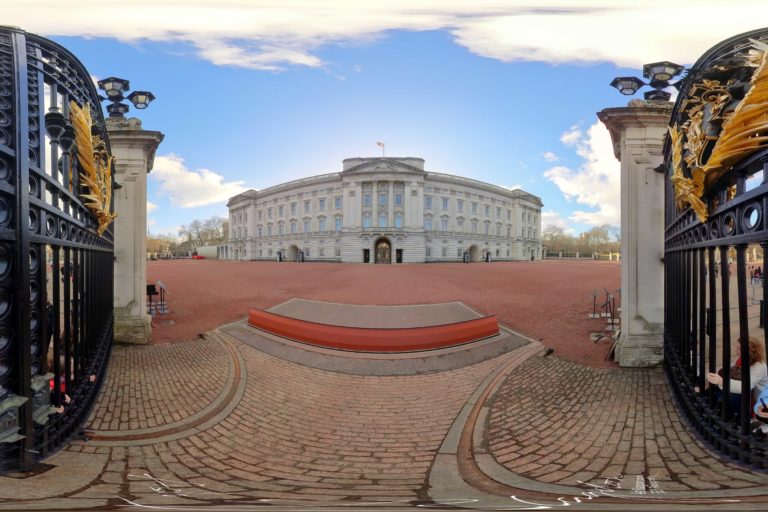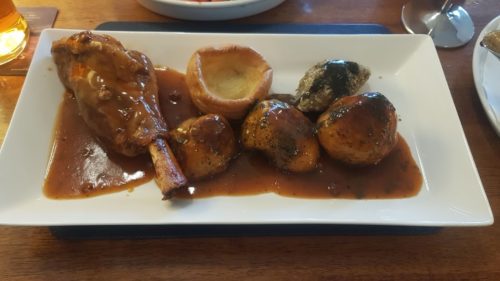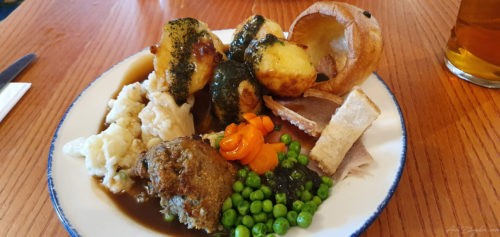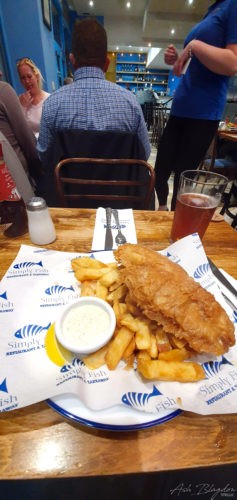A 360 virtual tour of the United Kingdom is one of the most popular tourist destinations in the world (especially since Brexit, with the pound having weakened, the country has become cheaper to visit). London is most travellers first choice destination and no doubt the most visited city. It draws people in with its charm, history, and of course centuries old traditional pubs. England’s smaller cities, like Bath, Oxford, Exeter, are just as equally fascinating with lots of culture and fewer crowds. Liverpool, birthplace of The Beatles, boasts a rich musical history. You have the beautiful peak, lake districts and Yorkshire dales in the north. The Scottish highlands with its mountains, lochs and glens. Giant’s Causeway in Northern Ireland. The Brecon Beacons, Snowdonia and the capital city of Cardiff in Wales. Stonehenge, Hadrian’s Wall. Don’t miss the stunning coastlines, beaches and the rolling hills of the moors in Cornwall and Devon. The countryside is fascinating and full of natural beauty. Once you get outside of London the prices drop dramatically. I personally think the best this country has to offer is outside of its capital.
The United Kingdom of Great Britain commonly known as the United Kingdom (U.K. or UK) or Britain consists of four constituent countries: England, Scotland, Wales, and Northern Ireland.
- England is divided into 48 counties, Scotland 33 counties, Wales 13 counties and Northern Ireland 6 counties.
- The older term shire is historically equivalent to county.
- The current monarch is King Charles III.
- Queen Elizabeth II reigned from 1952 – 2022. In September 2015, Elizabeth surpassed the record of 63 years and 216 days on the throne set by Queen Victoria (her great-great-grandmother) to become the longest-reigning British monarch in history. In February 2022, Elizabeth celebrated her Platinum Jubilee—marking seven decades of her service to the Commonwealth.
- Britannia Royal Naval College in Dartmouth is said to be where Queen Elizabeth II and Prince Philip fell in love. They were aged 13 and 18 respectively. They had met once before at a royal wedding.
- The capital and largest city is London.
- Time changes every 6 months. Marking the start of Spring, the last Sunday of March time springs forward an hour (BST, British Summer Time) and then come Autumn the last Sunday of October time falls back an hour (GMT, Greenwich Mean Time). This is to give an extra hour of daylight in the dark winter months and encourage people to get up earlier. The practice started in 1916.
- There are currently 15 designated national parks in the United Kingdom. None are in Northern Ireland, England has the lion’s share with 10, with Scotland boasting 3 and Wales 2.
- Jacka Bakery on the Plymouth Barbican made biscuits that went onto The Mayflower for the sailing of the Pilgrim Fathers to the USA. It is the oldest bakery in the country.
- Plymouth is home to the oldest working gin distillery in the world, Plymouth Gin.
- The Plymouth Barbican has the largest concentration of cobbled streets in the UK.
- The oldest hotel in the country is the Royal Clarence in Exeter, sadly it was burnt to the ground in 2016 and is currently undergoing a major restoration.
- Torbay Picture House in Paignton was built in 1907 and opened on 16 March 1914, and is believed to be the oldest surviving purpose-built cinema in Europe. A project is currently underway to bring it back into use.
- Westward Ho! near Bideford, Devon is the only place in the country with an exclamation mark in its name.
- Some of the UK’s greatest monuments were created out of stone mined in Beer including St Paul’s Cathedral, Westminster Abbey, the Tower of London and Exeter Cathedral.
- Devon was the last place in the country to execute witches in Exeter 1685, accused of causing illness and death by the black arts.
- Devon is home to the last castle built in the UK, Castle Drogo dates from 1930.
- Rev John Russell from Dartmouth is recorded as being the breeder who started the line of the Jack Russell dog.
- Wild Cattle of Chillingham Northumberland are one of the rarest animals on Earth and survivors of the ancient cattle which once roamed Britain’s forests. They are the only wild cattle left on the planet, these remarkable wild beasts are completely untamed. They have never been touched by human hand; no vet has ever treated one. Currently in 2022 there are only 138 left.
- Grade II listed Victoria Hall in the market town of Settle, tucked away in the Yorkshire Dales opened in 1853 and is the oldest music hall in the World.
London hasn’t always been the Capital of England, the town of Malmesbury in Wiltshire originally held the title. It is also the burial place of Aethelstan, the first king of England.
- Hostels are best if you’re looking for a budget-friendly option and you don’t mind sharing facilities. In most British cities there is a selection of simple, clean and good value hostels. starting from £10 a night dorm rooms. Many modern hostels also have private rooms and en-suite bathrooms starting from £25. Amenities usually include free wi-fi, breakfast, a common room, TV and laundry facilities. Check out hostelworld.com
- Airbnb is my preferred budget choice and cost from £20 a night for a private room, while entire apartments/homes can start around £40 a night. Get £30 off your first Airbnb trip of £55 or more click here.
- Stay at the Inn, as traditional as cream tea and cake. The British pub culture often comes with the option of a bed for the night. You can socialise, eat and sleep all under one roof, which is a great way to meet friendly locals. Many date back to the 18th century and some are even older! Expect a warm atmosphere, traditional décor and the possibility of an onsite dog (or cat) to welcome you! Check out stayinapub.co.uk
- Bed & Breakfast, probably the most famous budget accommodation in the UK. These are usually private houses or farms and tend to be family ownership. Facilities can be simple (rooms may not have TV, no telephone or bathroom), but the best of them can be a home from home. Prices include breakfast. Some B&Bs won’t accept credit cards or travel vouchers, so I advise to bring cash with you.
- Budget hotels like Travelodge, Premier Inn or Easy Hotel offer the same amenities and start around £30 per night for a twin room. It’s best to book a month or more in advance.
- Campgrounds can be found all around the country and most have basic facilities. Expect to pay around £7 per night for a place to pitch your tent. Check out campinmygarden.com
You can eat cheap in the UK if you know where to go. Fish & chips, full english breakfast & the Sunday roast (carvery) with Yorkshire puddings and gravy are the traditional bites. Even a dirty kebab after a night out, these all just cost a few pounds. Indian or Asian food can be found for £6 at lunch times. A sit down meal at a restaurant with table will probably cost you from £25 for a main course. (Eating out at restaurants will soon put a dent in your wallet, so you’ll want to avoid doing so all the time.) Best places to buy and cook your own basic groceries are Sainsbury’s, Morrison’s, Lidl and Aldi.
- Tip: Summon a waiter by raising your hand. Don’t wave or shout.
- Tip: Try the many types of ale and cider. There is such a huge array of choices, flavours and they all differ from county to county.
- TIP: Many pubs offer a carvery for sunday lunch where you’re given a choice of one or sometimes even 3 different meats (typically chicken, beef or ham. I usually have a slice of everything) and then you get to pile your plate with as many potatoes and veg as your eyes see fit.
- Tip: Put mint sauce on your roast to transform the flavour.
- Tip: You can’t leave without having tried some traditional pork scratchings and i mean the real stuff not the fake crispy cardboard kind.
- Tip: When ordering a full English breakfast you can choose to substitute an item like the tomato, mushroom or black pudding if you don’t like them for an extra sausage or rasher of bacon.
It’s worth remembering that Britain is a relatively small country, so travelling to the many beautiful places is actually pretty easy. If you’re planning on visiting different areas of the UK there are a number of ways you can reach your destination.
- Train, The National Rail service is always expensive. It’s something we all complain about here in the UK. A journey from London to Liverpool can cost as little as £25 or as much as £150 during peak hours (midday)! If you want to travel by train, then I would split your fare into separate tickets. Check out www.splitmyfare.co.uk
- Bus, Megabus or National Express are the cheapest ways to travel around the country, where fares can start from as little as £1.
- Car rental can be arranged at major airports, large train stations and city centres. To get the best deals, do your research and book before you arrive in the UK, check out Rhinocarhire.com.
- You may prefer more leisurely forms of transport such as bike, canal boat or horse. Sometimes there are unusual picturesque local options, like arrive through the surf to Burgh Island on the sea tractor. Larger car ferries travel to Britain’s islands and there is always the option of flying by plane from far southerly to far northerly destinations.
- Taxis and Uber are available at all major coach and train stations. Get £3 credit for your first Uber ride here.
- English
- Tip: Don’t be insulted if someone calls you love, dearie, pet or darling. These are commonly used and not considered rude.
- Tip: “Please” and “Thank You” are very important in the UK. Say “Please” and “Thank You” to everyone for even the smallest kindness.
- Tip: Say “Pardon me” or “Excuse me” if you bump into someone or even get close to someone. The British also say this if they sneeze, cough or do not understand something someone has said.
In UK power sockets are Type G: This socket has no alternative plugs. The voltage in Britain is 220/240 AC, 50 Hz. Electrical plugs have three rectangular pins and take fuses of 3, 5 and 13 amps.
Visitors from abroad will need an adaptor for appliances that have been brought from home, such as laptops, hairdryers and phone chargers. Most hotels will have two-pronged European-style sockets for shavers only. What you need to keep you covered is a Worldwide travel adapter, check out what i’m currently using on my travels here. I always travel light and my adaptor stays in my bag all the time. It doesn’t matter where you go in the world this will have you covered and will keep you charged up and ready to go.
-
It is easier and cheaper to purchase a PAYG (pay as you go) SIM card locally and top it up with credit. This will allow you to use the local mobile-phone networks, though you can only do this if your handset is not locked to a specific network.
Most of the time Wi-fi is freely available. If you’re staying in a hotel they may include Internet facilities as part of their service. Wi-fi is often available for free at libraries, many pubs, cafés and museums, so you can sit down and use your laptop, tablet or phone.
- If you want to travel by train, then I would split your fare into separate tickets. Check out www.splitmyfare.co.uk
- Public museums offer free admission in every city throughout United Kingdom.
- Eating in the UK can get quite expensive, but for good cheap meals, visit the local pubs.
- Eat out during lunch. Restaurants offer fabulous lunch specials where you can get multi-course meals for around £10 or 2 for 1 pizza specials.
- “Please” and “thank you” are very important in the United Kingdom. Say “please” and “thank you” to everyone for even the smallest kindness.
- Say “Pardon me” or “Excuse me” if you bump into someone or even get close to someone. Brits also say this if they sneeze or cough or do not understand something someone has said.
- Always hold the door for a person following behind you.
- Humor is ever-present in English life. It is often self-deprecating, ribbing, sarcastic, sexist or racist. Try not to take offense.
- Do not violate a queue. It is considered very rude to push ahead in a line.
- Summon a waiter by raising your hand. Don’t wave or shout.
- Don’t be insulted if someone calls you love, dearie, pet or darling. These are commonly used and not considered rude.
- It is considered rude to stare, ask questions or otherwise bring attention to someone’s disability.
- Holding the middle finger up by itself is considered insulting and vulgar.
- Holding your index and middle finger like a V sign while showing the back of your hand is considered insulting and vulgar.
- Get your UK Global Health Insurance Card before traveling to Europe (UK residents only)
- Get £30 off your first Airbnb trip of £55 or more click here.
- Get £3 credit for your first Uber ride here.
If you found this helpful, please like and follow my social pages
Click here to Explore the World in 360º
Originally posted on 30 Aug 2017 @ 14:55
